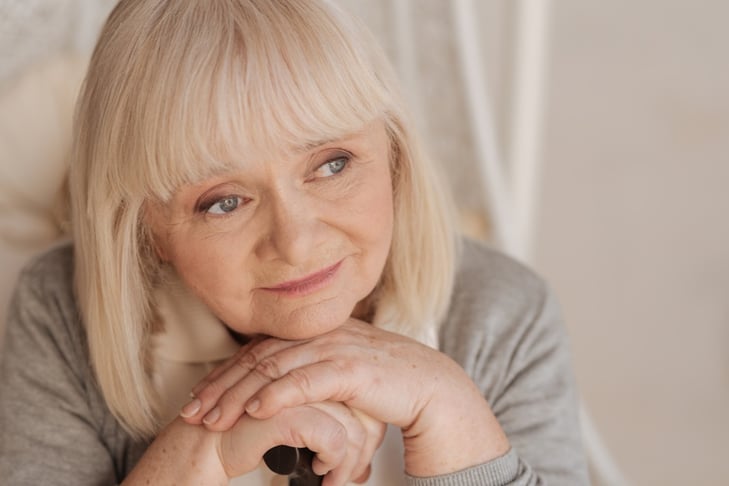
Seniors whose partners have passed on know that the golden years can sometimes be lonely. Being widowed isn’t just a social challenge; it can be a challenge for retirement planning, too.
According to a consumer survey by life insurer Northwestern Mutual, single people are almost twice as likely as their married peers to feel “not at all” financially secure. The company also found that singles are more than twice as likely not to have spoken with anyone about their retirement plans.
Widowed seniors face unique issues when it comes to retirement, especially when choosing senior living communities. They need to balance happiness and budget.
If you’re in a similar position, follow these three tips to choose the retirement community that’s right for you.
1. Find a retirement community that fosters friendships.
We humans are social animals; we don’t tend to do well on our own. That’s why many widowed individuals face challenges.
Moving into an active senior community is a great way for older singles and widowed individuals to meet new friends in their age group and to rebuild their social lives.
Some premier senior living communities excel at fostering socialization—including Deupree House and Marjorie P. Lee in Cincinnati (Hyde Park) and Episcopal Church Home in Louisville. Our communities host newcomers’ get-togethers regularly, allowing incoming neighbors to meet current residents. Many friendships have started at these meetings.
We also have regular cocktail hour gatherings and schedule plenty of group outing opportunities, movie nights, game nights, and dinners.
One of the most important aspects of person-centered retirement care is allowing seniors to meet and form lasting, rewarding friendships.
2. Choose a community that can meet your current and future needs.
Many widowed individuals relied on their partners for years. Suddenly finding themselves alone and facing the future can be deeply unsettling.
Retirement care expert and AARP contributor Jan Cullinance noted that Continuing Care Retirement Communities (CCRCs), like Episcopal Retirement Services’ Deupree House, Marjorie P. Lee and Episcopal Church Home, provide active seniors peace of mind that their health needs will be met as they age.
How so?
“Social support is part of the concept,” she told Fox Business, which is “an important consideration if you need to take responsibility for your own care for the rest of your life.”
CCRCs allow residents to progress along the continuum of care—from independent living, to assisted living, to skilled nursing or memory care—without having to move away from the home campus.
As seniors’ care needs change, the social setting they’ve become accustomed to doesn’t have to change with it.
3. Make sure the retirement community you choose has a financial safety net program.
Seniors today—especially women—are living longer than ever before, thanks to wonderful advances in medicine.
However, that creates an uncomfortable situation for older people whose retirement planning, 40 or 50 years ago, was based on a lower projected life expectancy. What happens if you outlive your resources?
Within Episcopal Retirement Services continuing care retirement communities, we’ve made a commitment to not ask a resident to leave if they outlive their financial resources and experience financial hardship through no fault of their own. We receive generous support from donors to the Episcopal Retirement Services’ Good Samaritan Mission Fund and Episcopal Church Home’s The Promise Fund, ensuring we can meet that promise to our residents.
Are you a recently widowed senior in the Cincinnati area?
Are you wondering if you would benefit from the social support and active lifestyle afforded by residency in a Continuing Care Retirement Community? Complete our free (and quick) 4-5 minute survey to learn more about senior living and which options may be the best fit for you.

We’d love to show you what life is like at our communities. Contact us and arrange your complimentary tour today! Come see how we’re helping seniors—single, widowed and otherwise—live well into the future.











